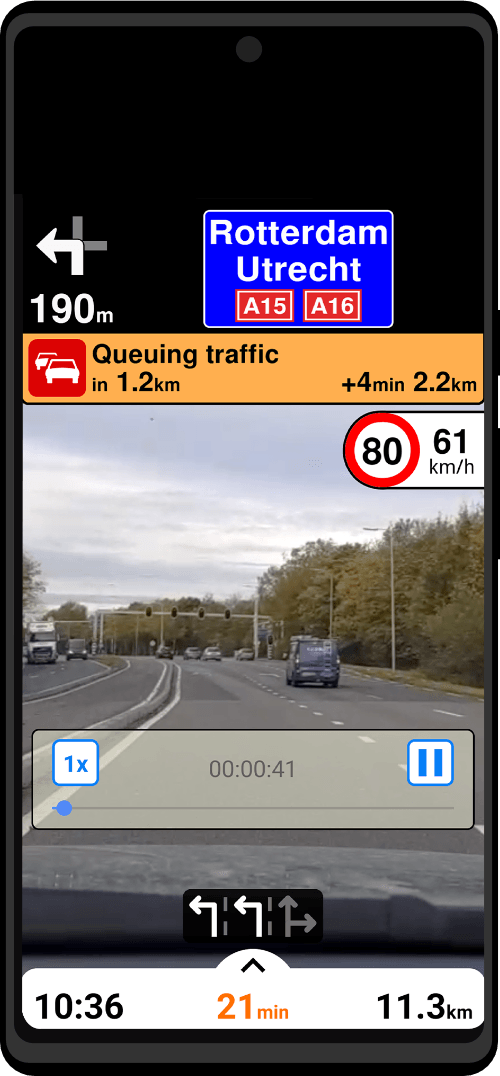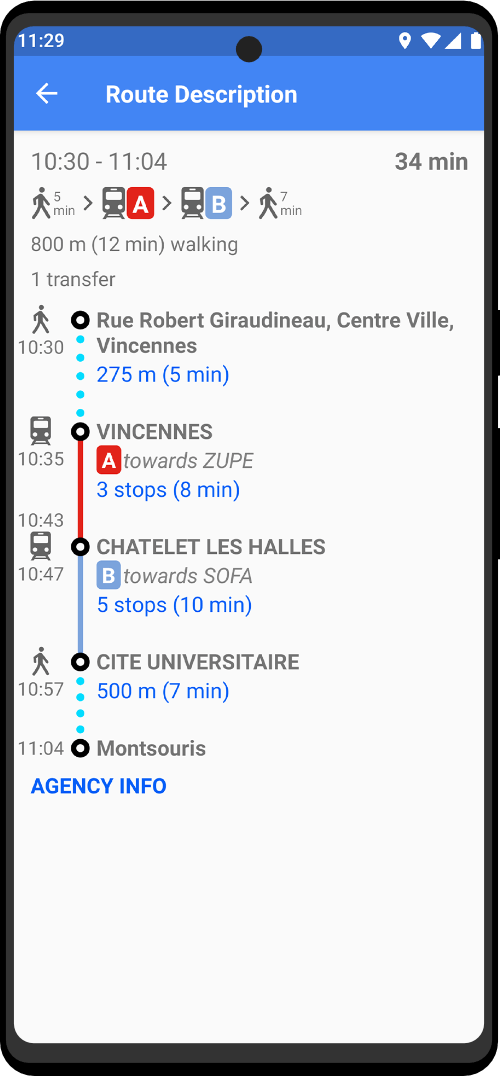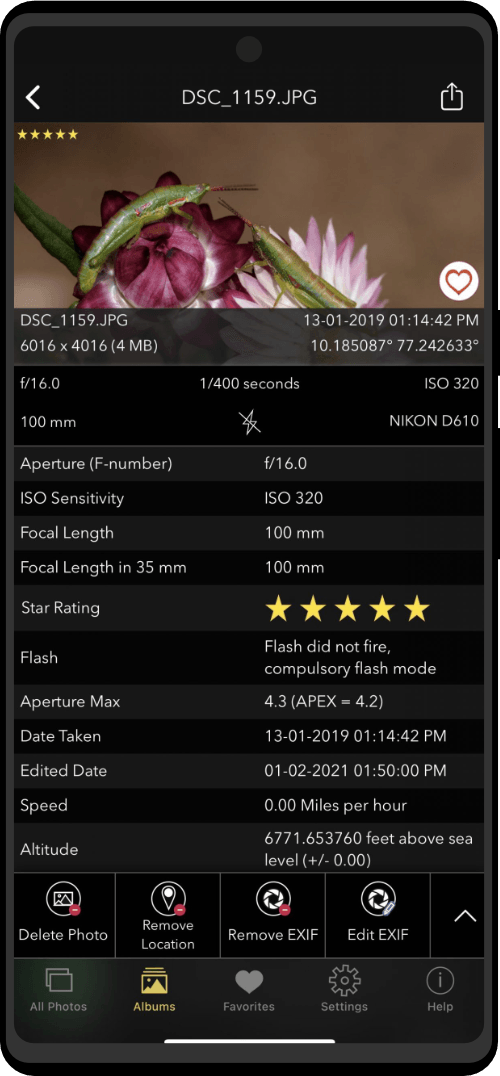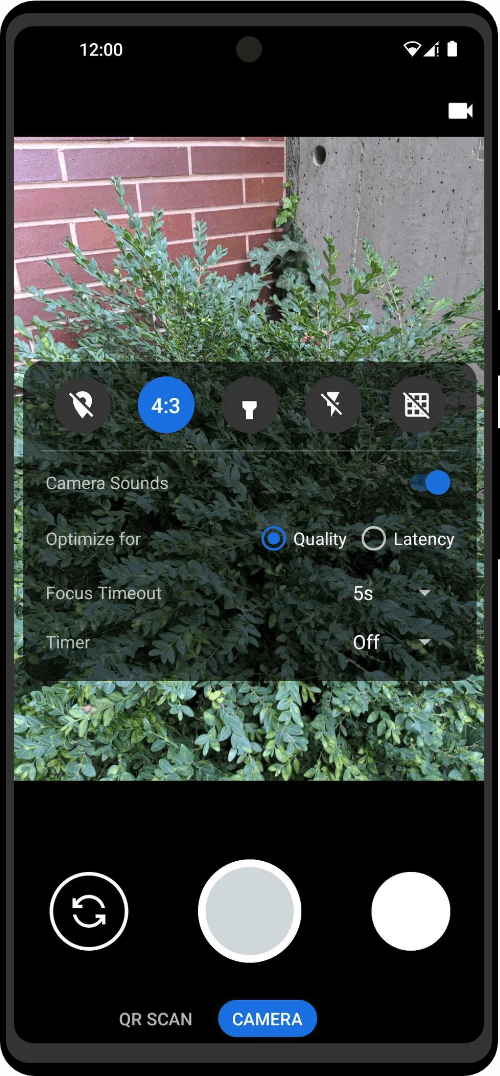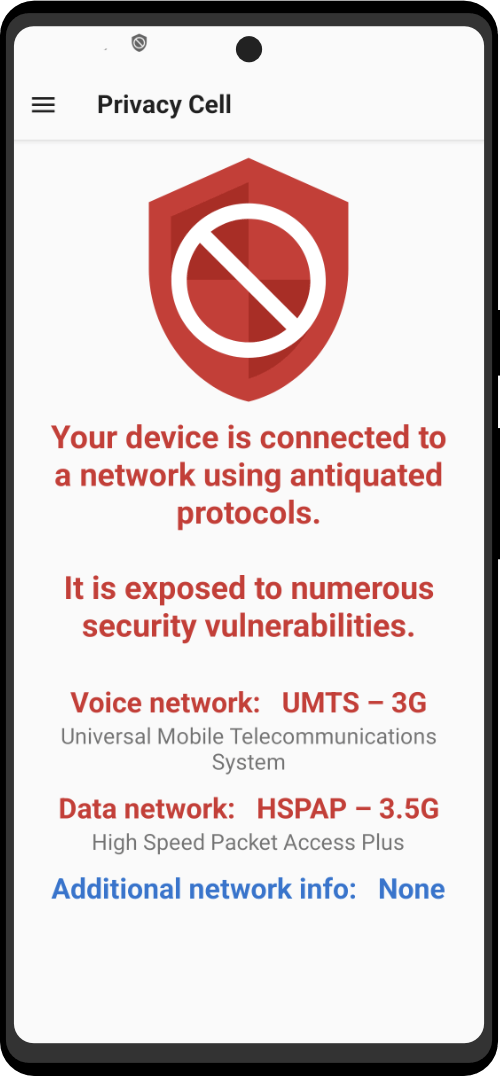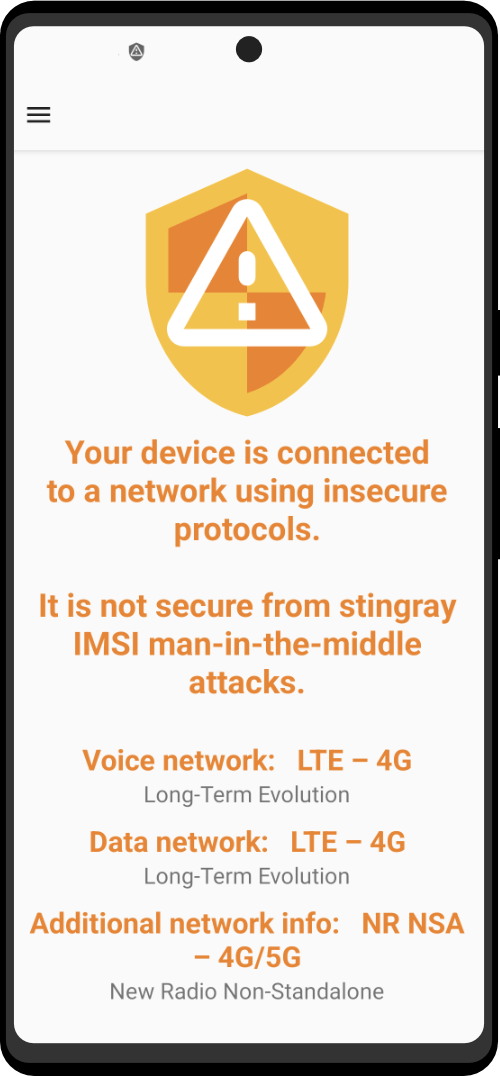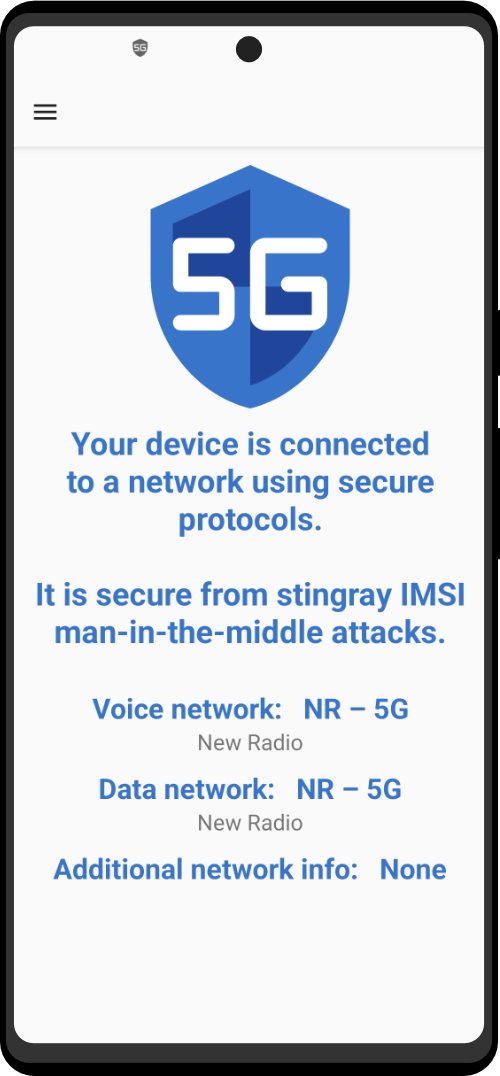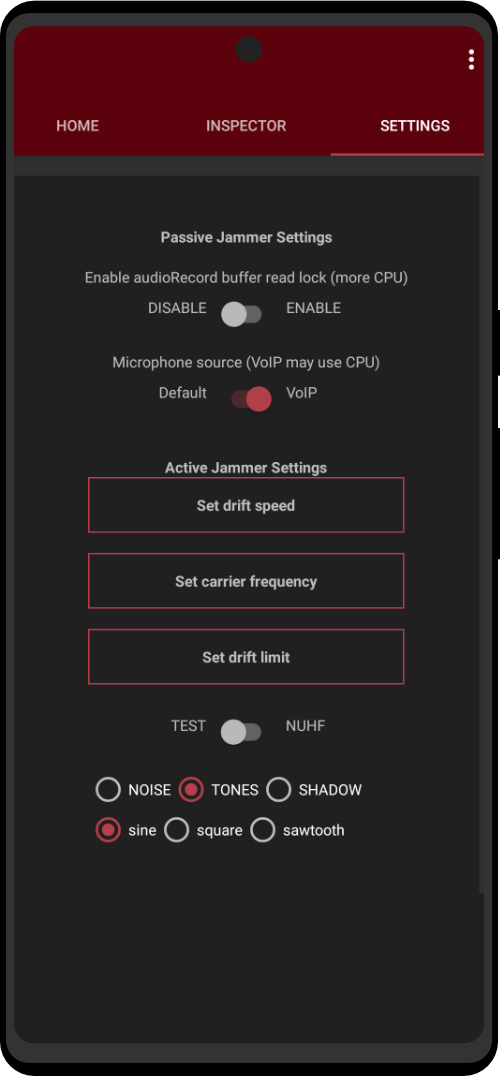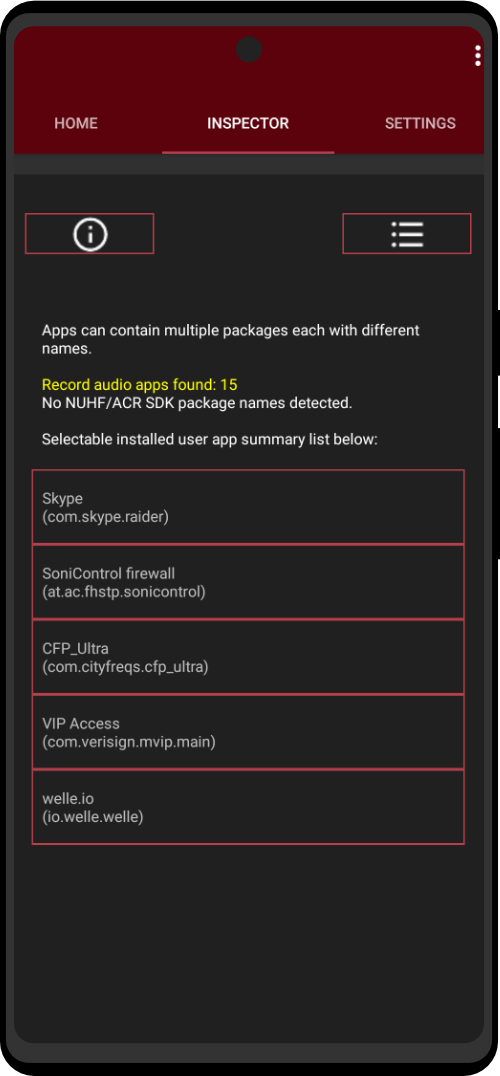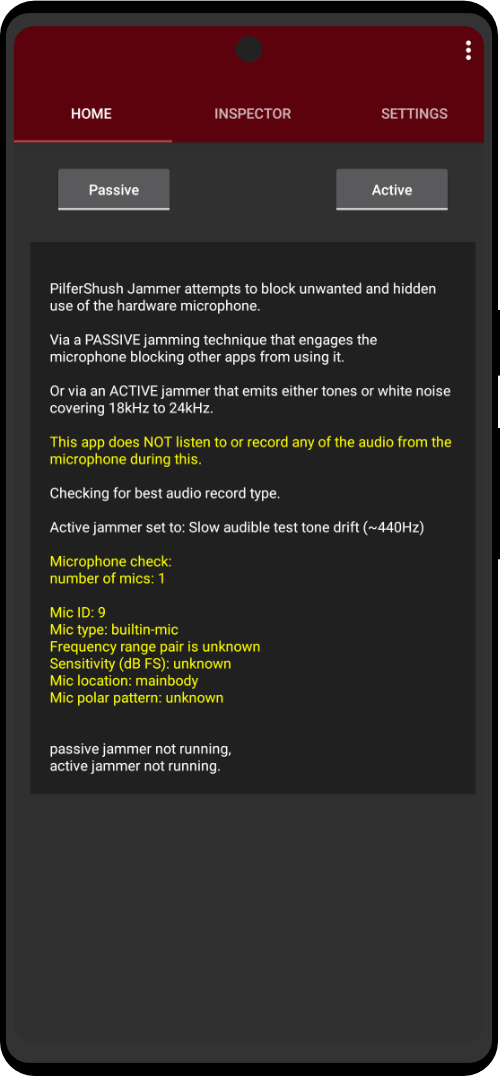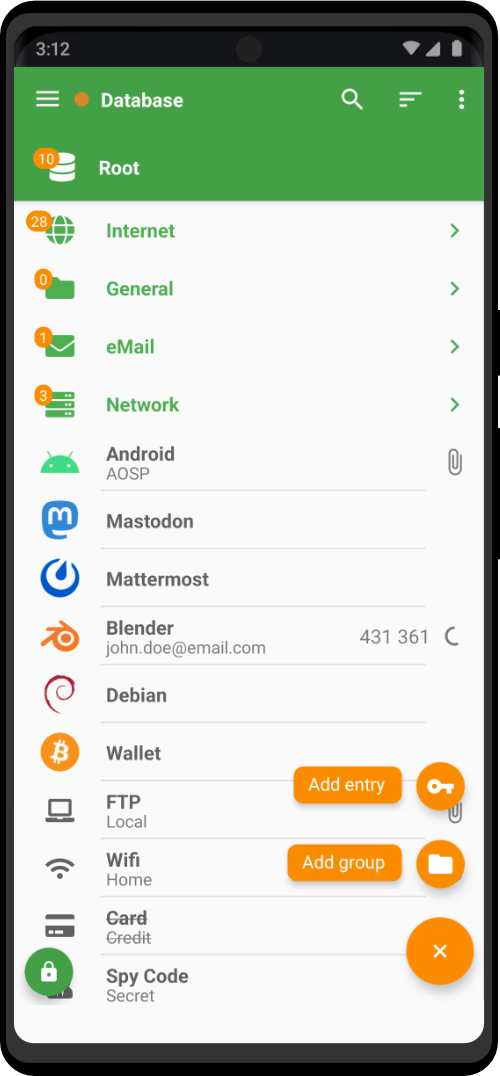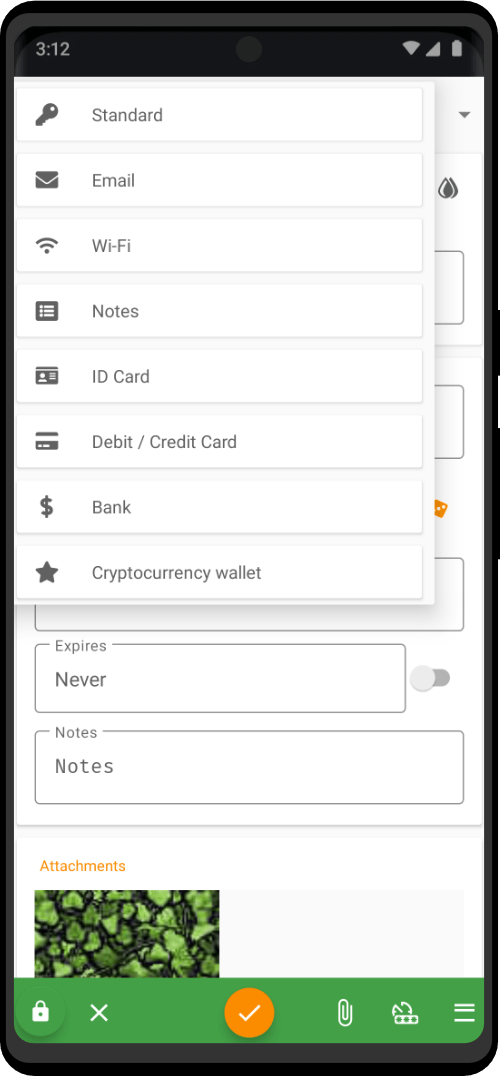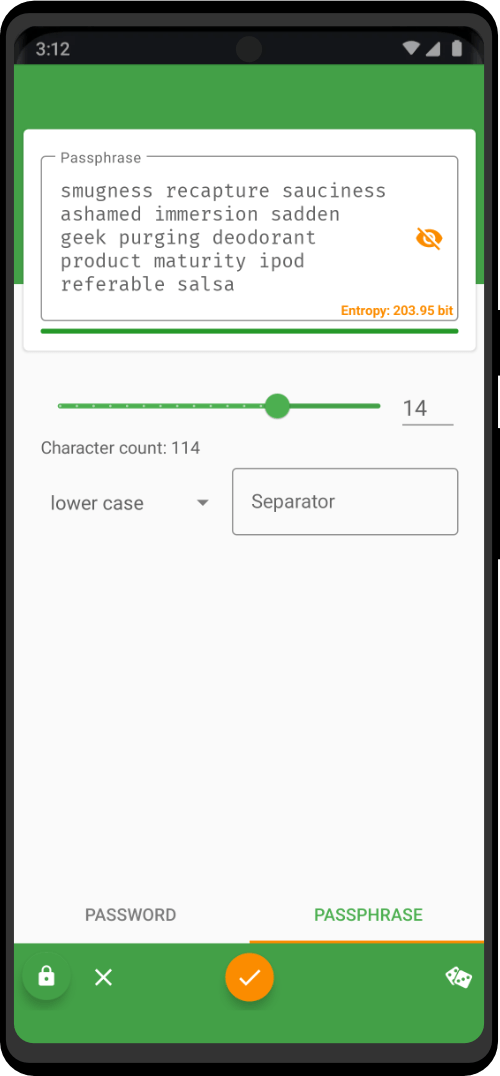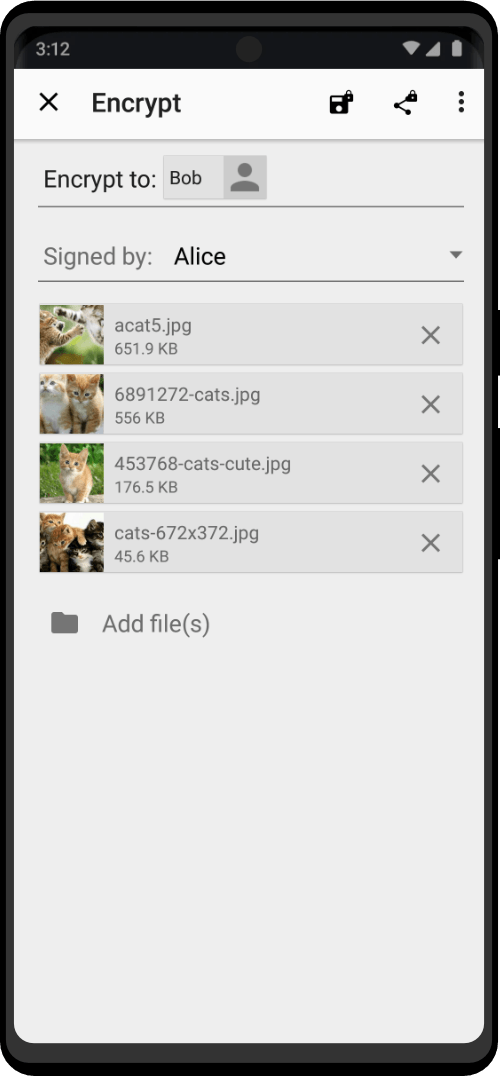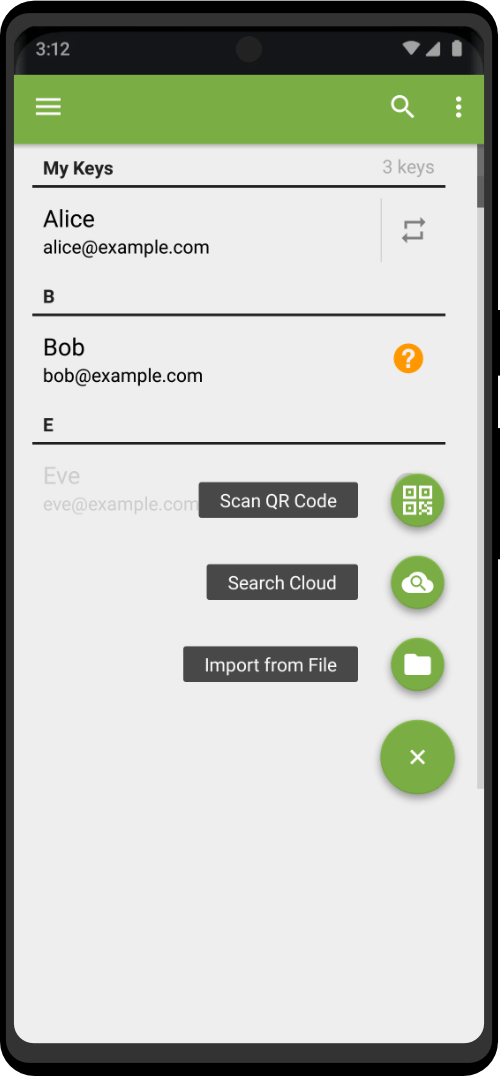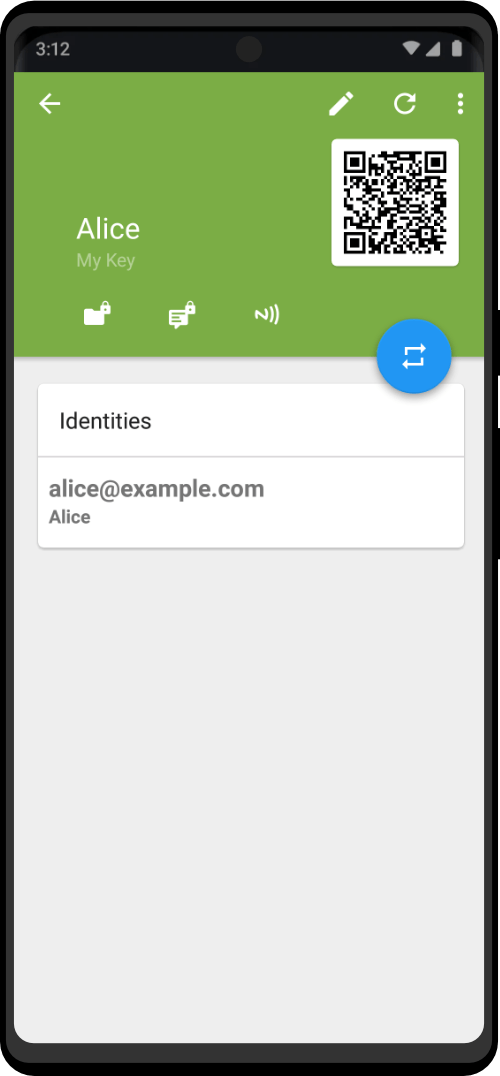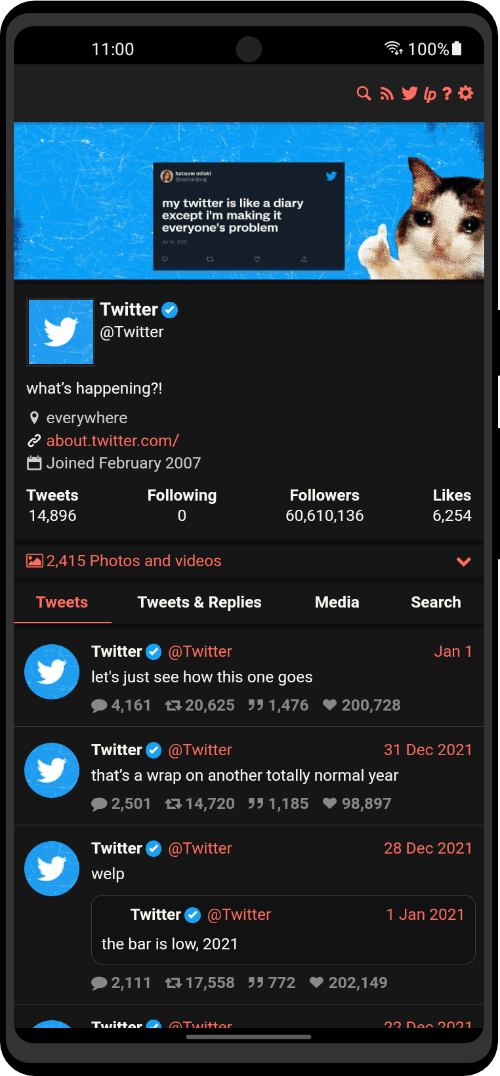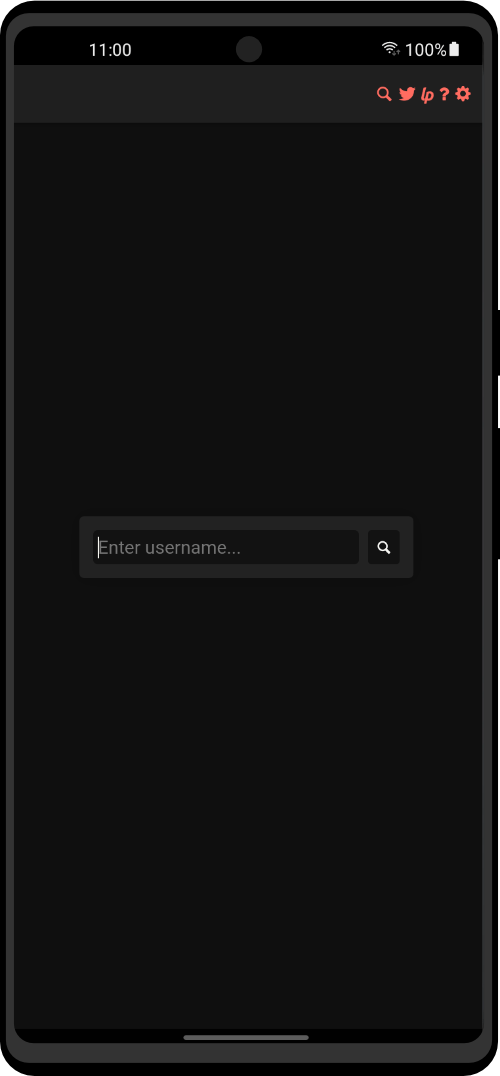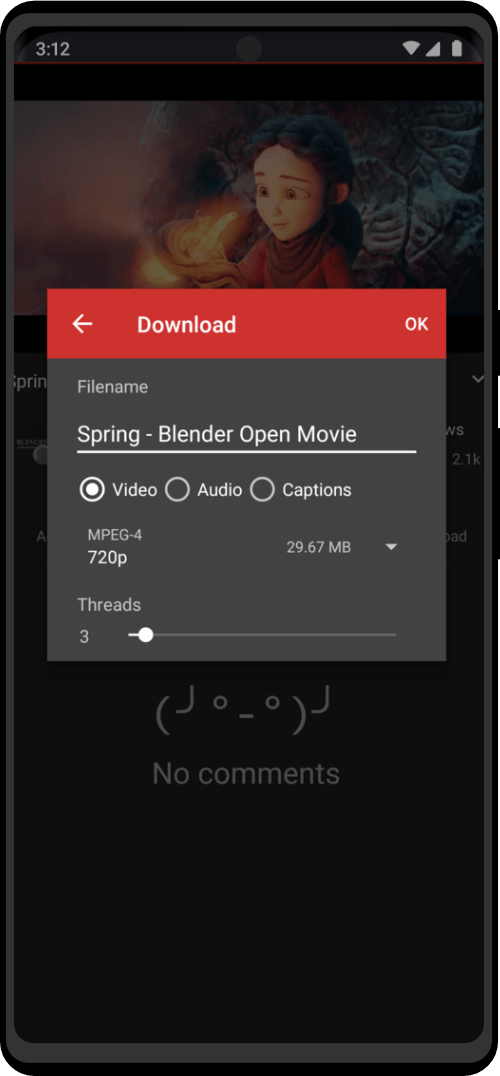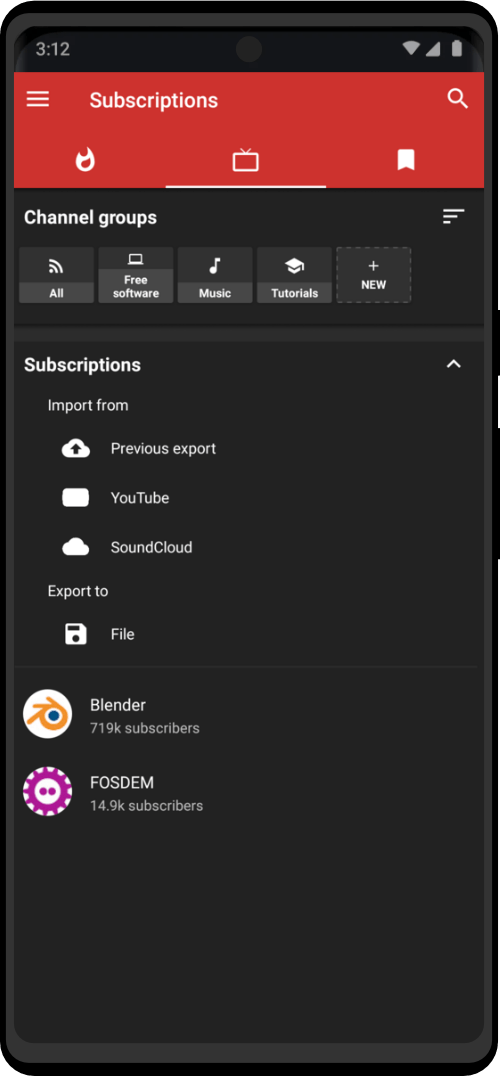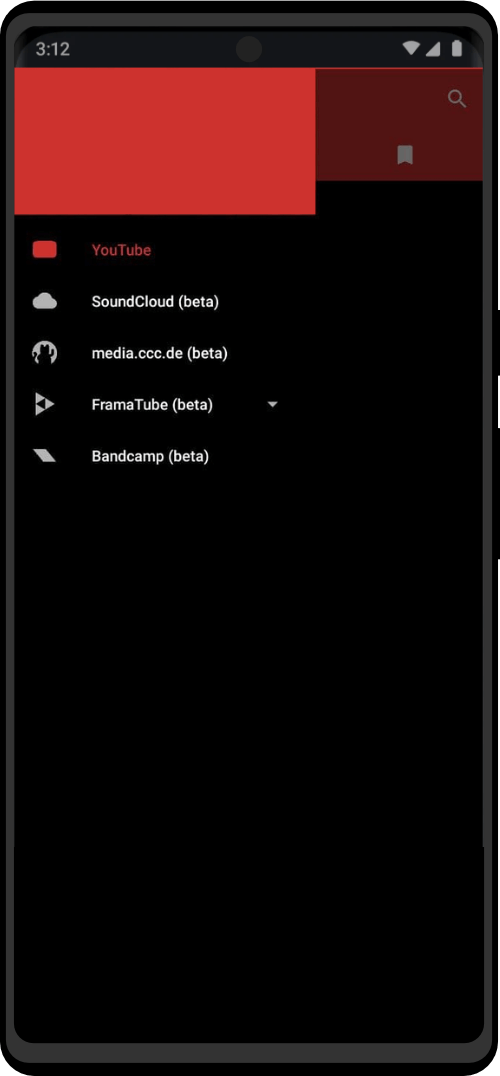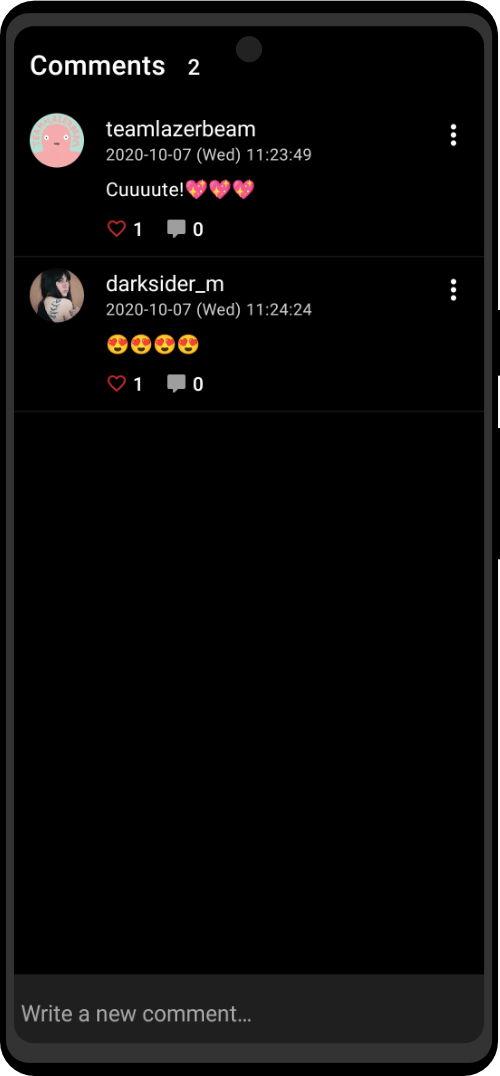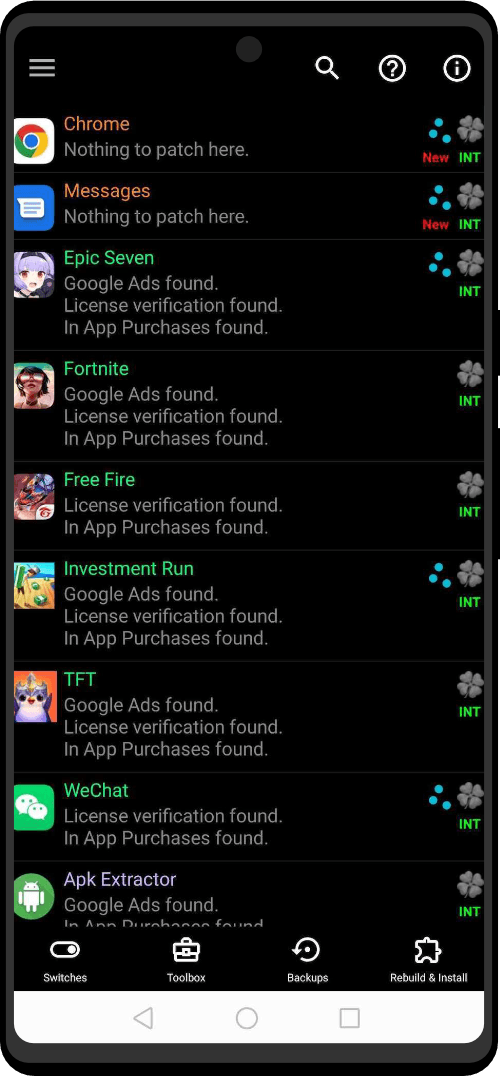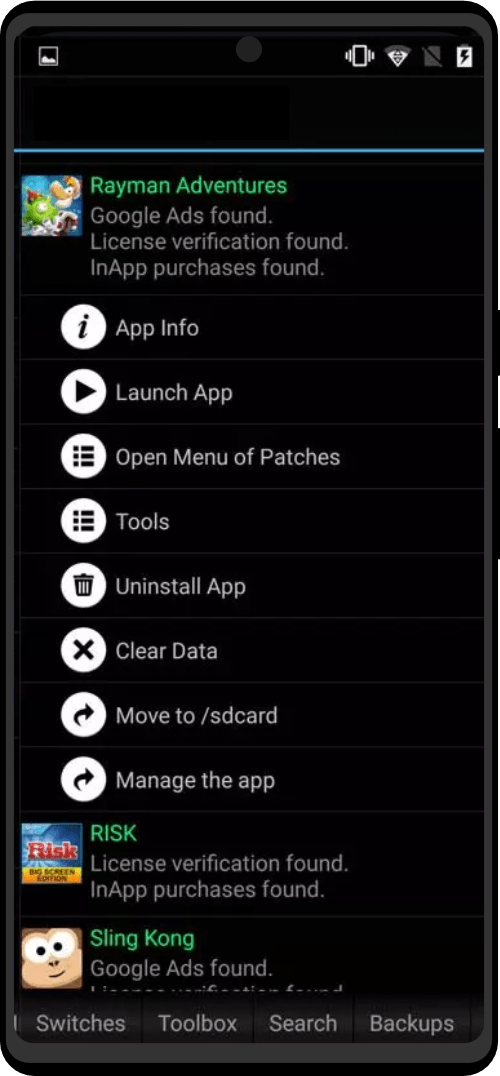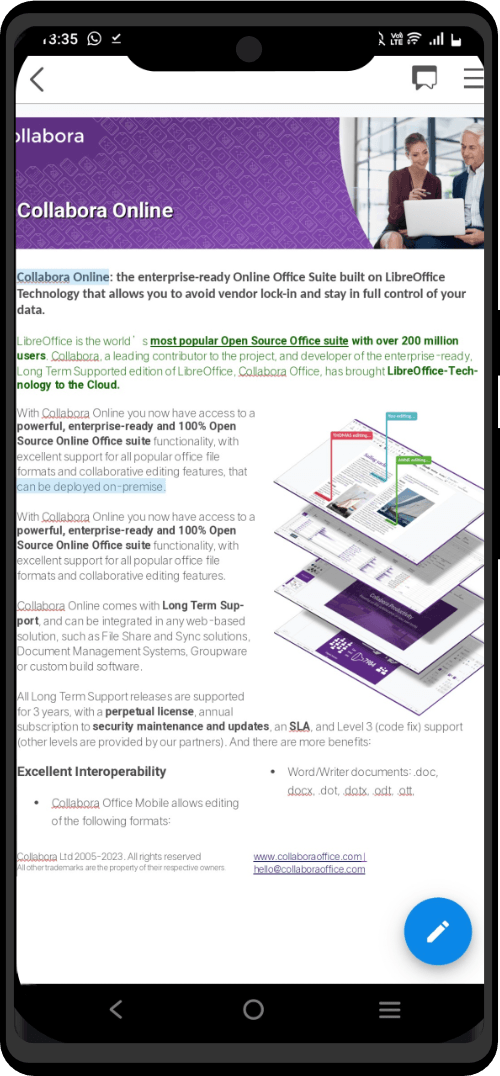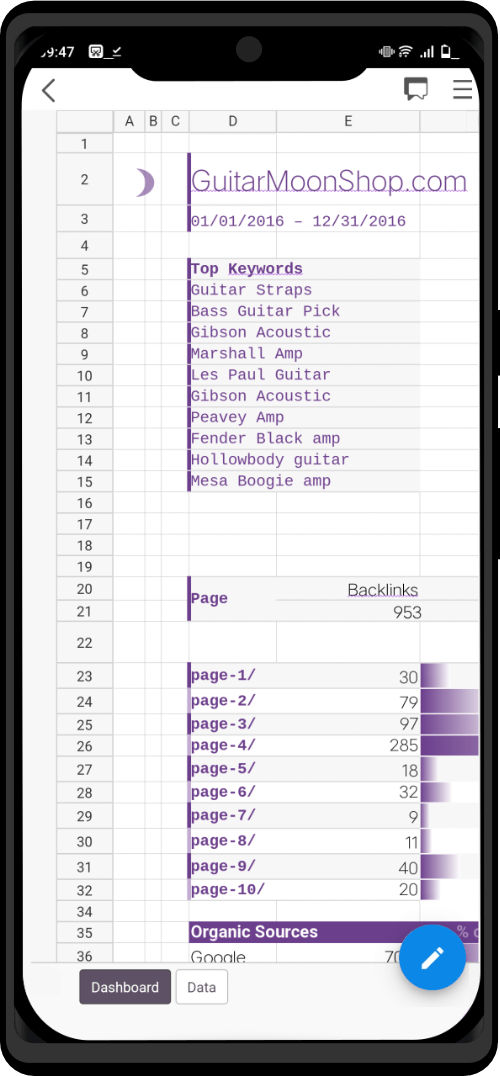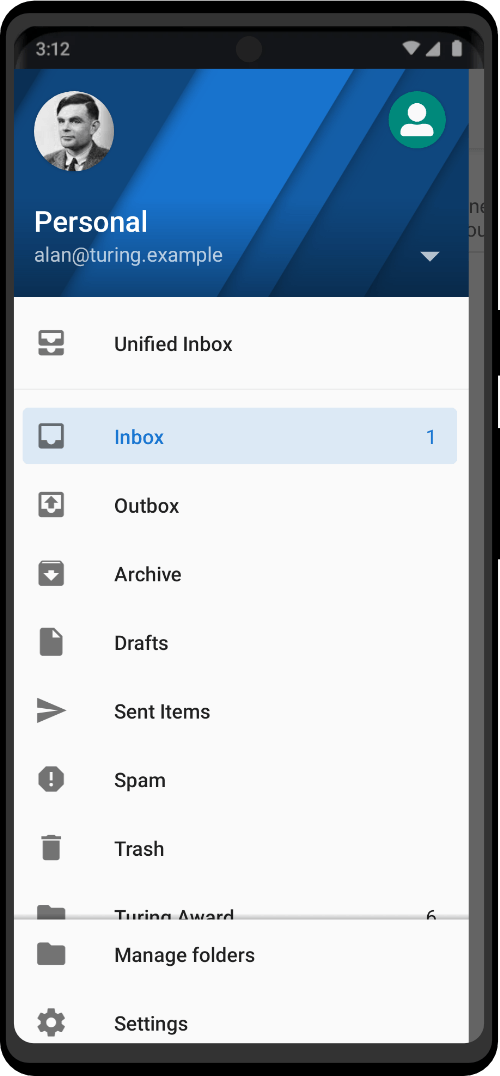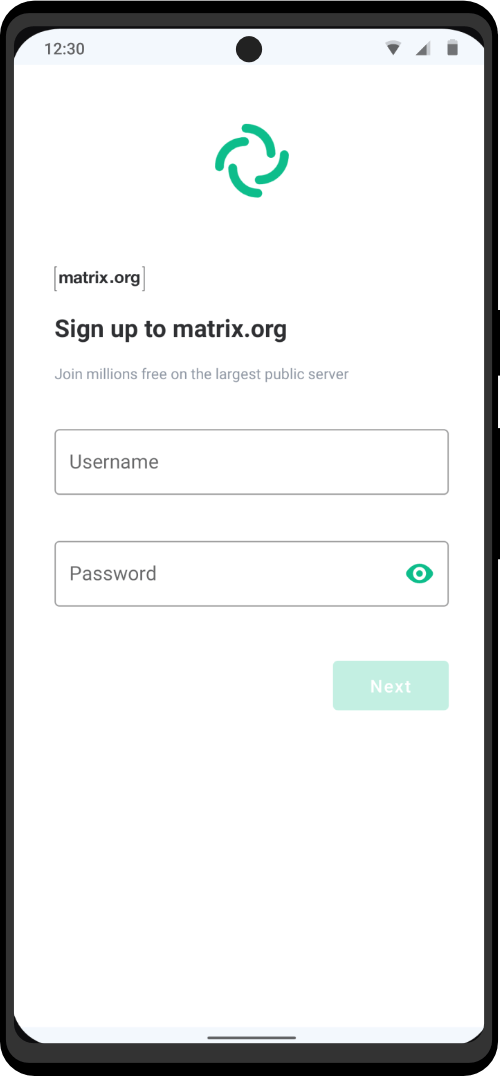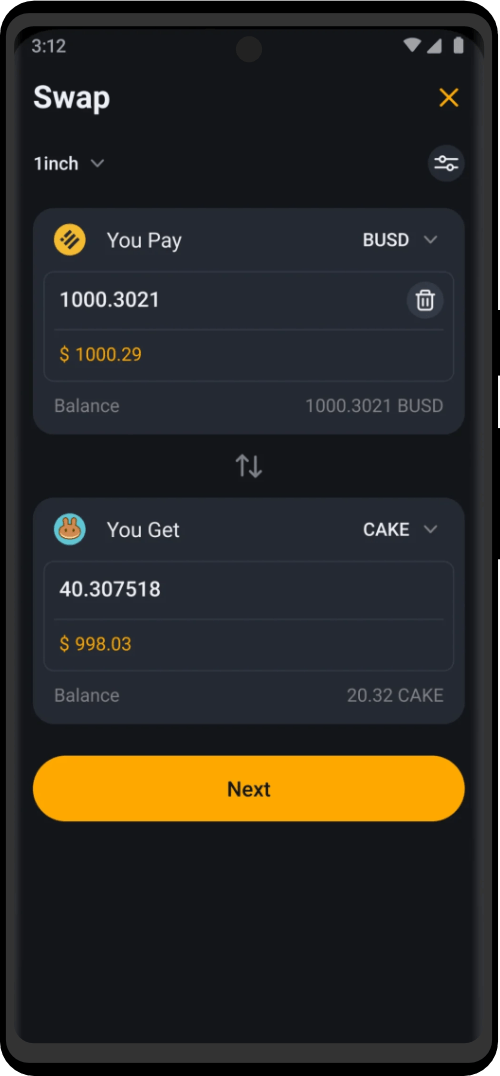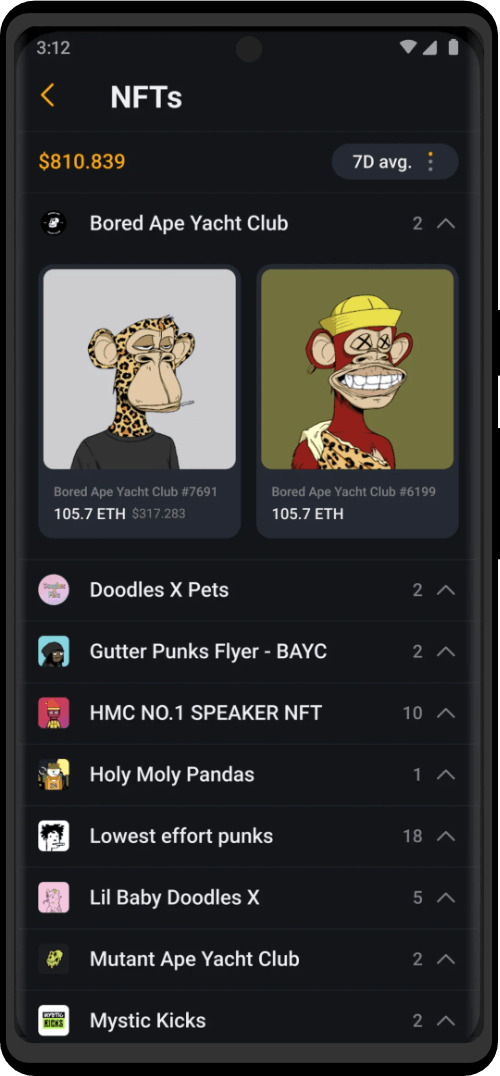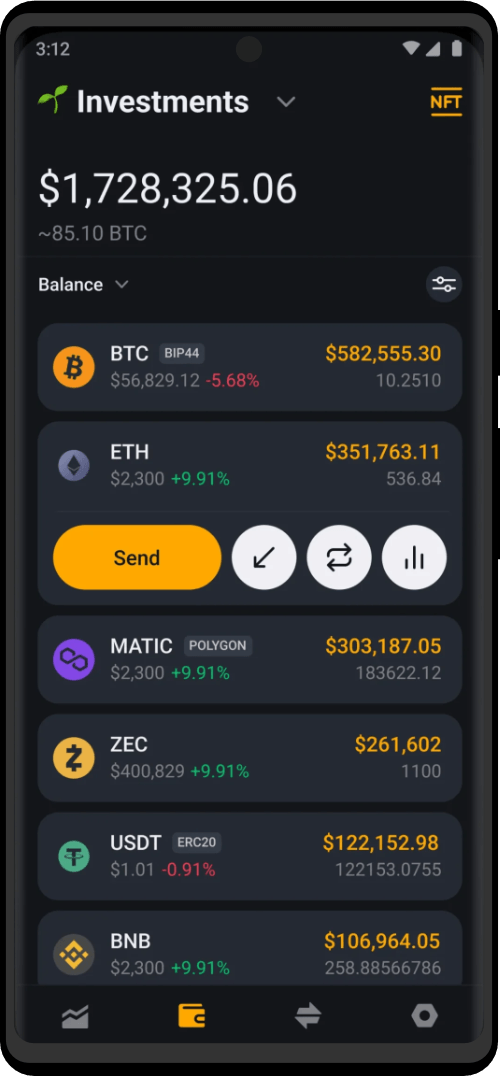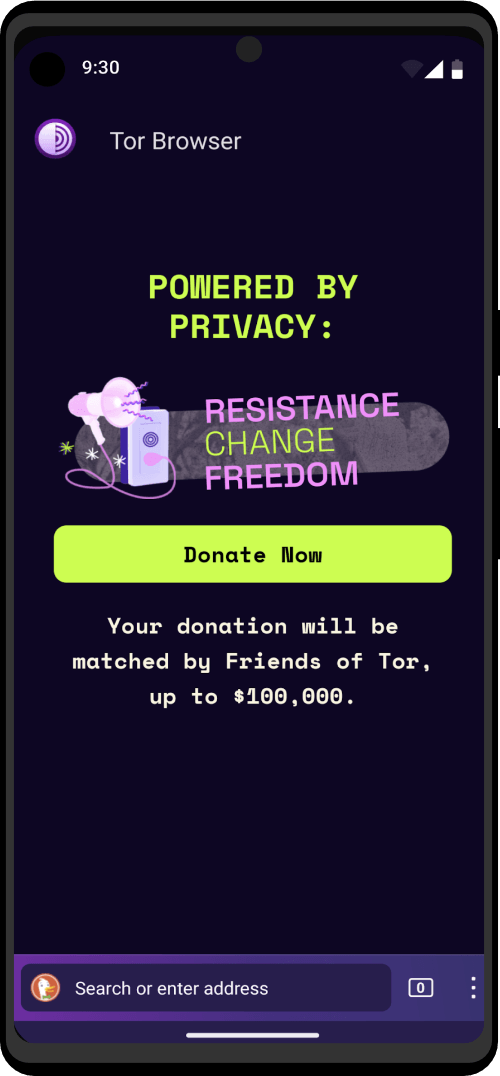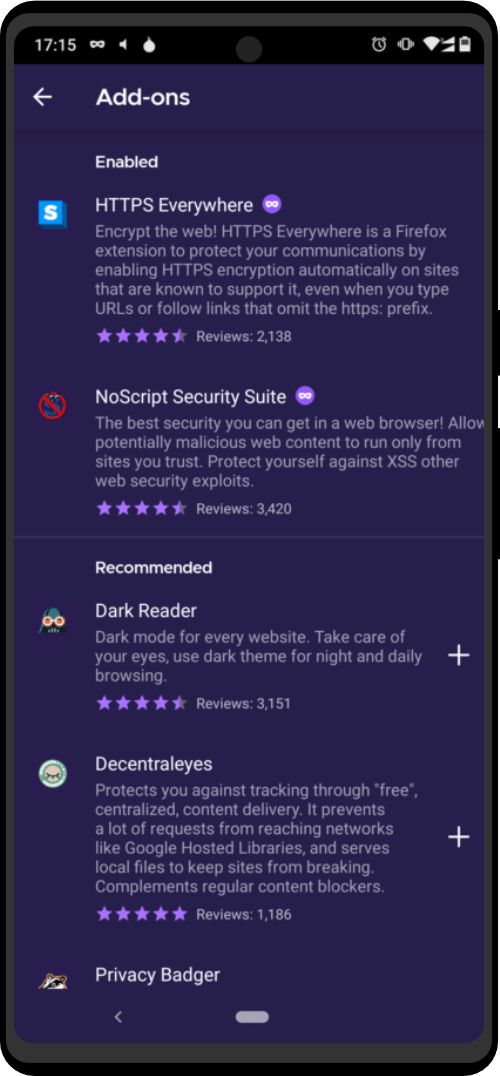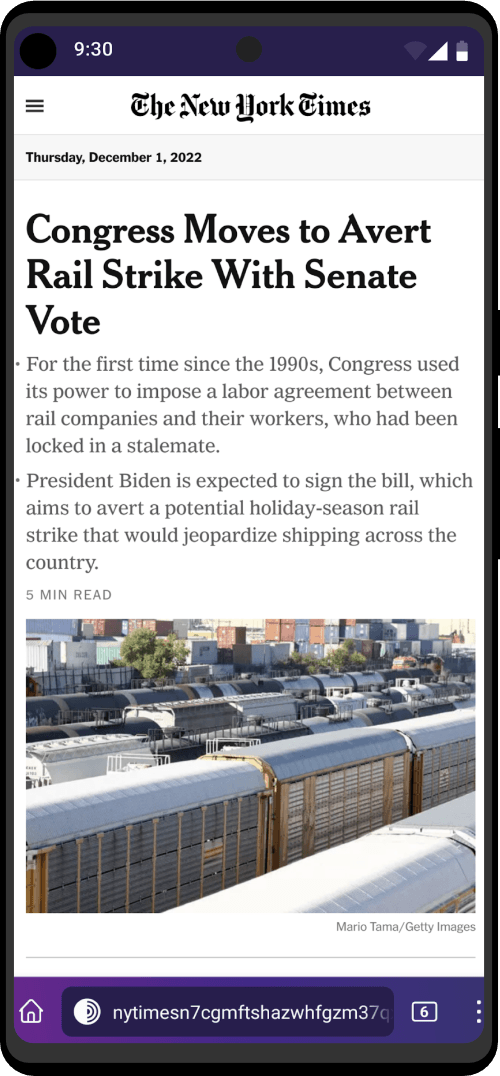Choosing a vendor to buy your desired product from is an important step and you should take your time for that to avoid trouble later. It can mean the difference between you not getting the product and losing your money and a successful and flawless purchase.
Tips
When you are a new buyer it is best to stick to already established ones because this usually means that you are less likely to run into issues and the vendor knows what he is doing. The following are a few characteristics that you should look out for when searching for a new vendor:
Are the product description and his vendor profile information more than just a few sentences with bad grammar?
How is the overall feedback of the vendor? Try choosing one that has at least about 50 positive reviews and not more than 3 negative ones.
What is the feedback on the specific product that you want to buy? If it has significantly more negative reviews than the other products that the vendor offers you should avoid buying it.
Does the vendor encourage bad OpSec measures (e.g. wants you to not encrypt your address with PGP)? If yes avoid him.
Did you read his profile, and listing description and agree with the stated terms (e.g. no refunds for new buyers)?
Did the vendor just copy and paste texts about his product from other websites?
Can the vendor answer questions about the products he is offering, and how he is shipping, . . .?
Are the photos that the vendor uses meaningful? Do they show the actual product with his name tag or are they just stock photos? If they contain potential OpSec compromising details, like a hand that holds the product or other things in the background, avoid that vendor.
When were the latest reviews written? Are they all pretty old or a big influx of negative ones recently? If yes, avoid that vendor because he could be in the middle of an exit scam.
Is he on other markets and how does his feedback look over there? If he has a bunch of orders, ~5-star feedback and you can not find literally anything about them anywhere else, he is most likely a scam.
Check for manipulated feedback. If he has a bunch of feedback from the same days and the same bitcoin amount each time he is probably padding his feedback. Also, if the bitcoin amount is lower than any of their actual orders. Often the scammers are stupid and do like 40+ feedback scores the same day along with it being like $10 orders.
Is he “over-advertising” his products? If he claims that he has the “absolute best coke in the entire galaxy” it is often not true and shows that the vendor is not honest.
How many different products does the vendor sell? This can be a red flag because vendors who sell a large selection of very different products can be greedy and care less about their security. That means they rather have a couple of thousands of dollars more in exchange for a higher risk and harsher penalty.
Is the vendor saying that you can not leave neutral or negative feedback or dispute? Buyers should contact the vendor before leaving negative feedback or disputing, to give the vendor a chance to resolve the issue. If they do not manage to do it, then the customer can leave an honest review that reflects his experience with the vendor and the product. If a vendor does not want to “allow” you to leave negative feedback or to dispute, it is a red flag since if you run into trouble with him you will have a hard time even if you are right. Stay away from such vendors.
How many views and sales do his product listings have and for how long are they up? If they are for example up for 4 days and have a couple of dozen views but a bunch of sales, it is suspicious. Especially if the listing is a rather expensive one. It could indicate that the vendor is manipulating the feedback, be careful and stay away when in doubt.
Check his products and his prices. Many scammers post bulk products for pretty cheap. Cheaper than normal.
If a vendor does not choose you
Sometimes vendors decline orders without giving you a reason. Possible causes could include:
Out of stock. If the vendor did not edit the “items left in stock” option or the market does not even have one, they could cancel the order.
Bitcoin fluctuations. If the Bitcoin price drops drastically and you already sent the money into escrow it would mean that the vendor gets less money in Bitcoin than he initially charged for the product after the transaction is done. If a vendor does this you might consider not buying from him again because they will always accept your orders when the Bitcoin price rises so that they get more money than they initially charged for the product.
Lack of feedback on your account. Some vendors prefer to only deal with buyers that already have some feedback and history on their accounts because the chance that the transaction will go flawlessly is higher and the risk that you are an undercover LEO is lower (because they would need to make several purchases before being able to order from that vendor).








